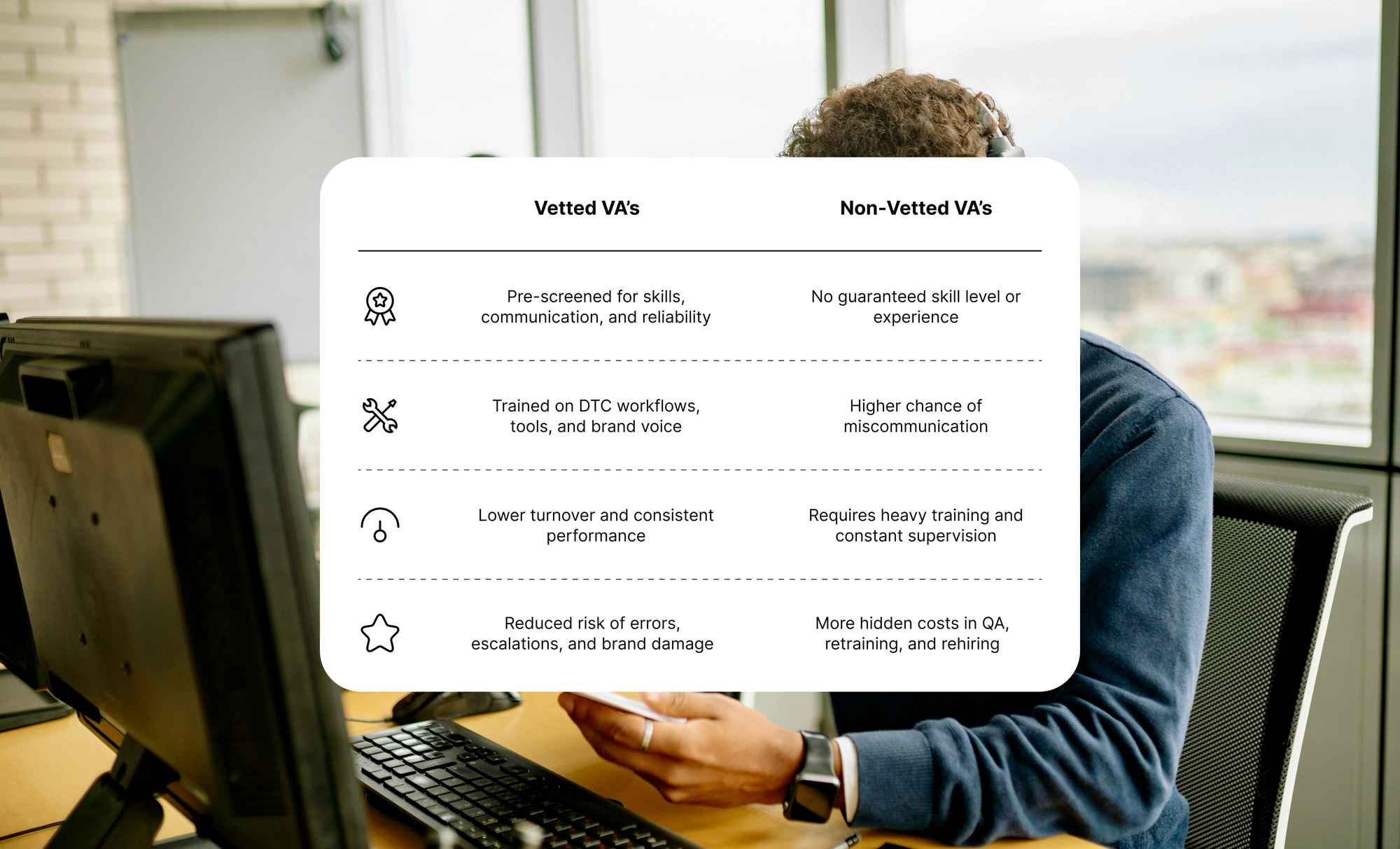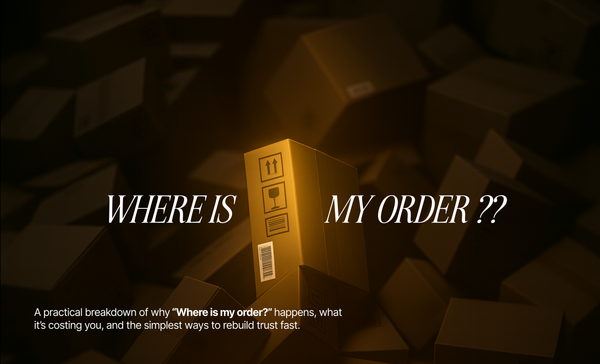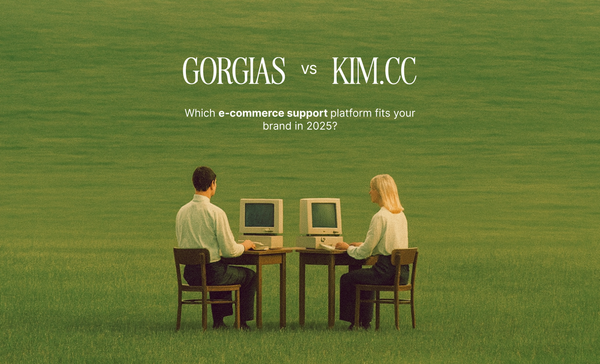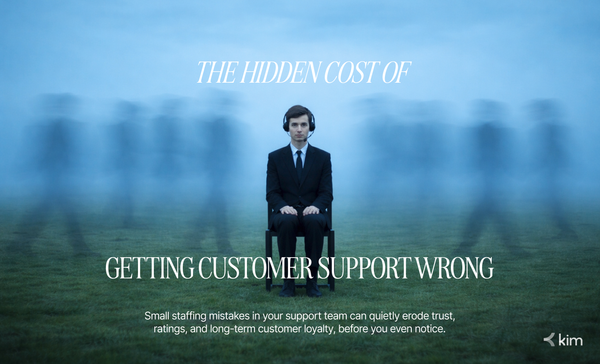Vetted vs. Non-Vetted Virtual Assistants for DTC Customer Support

Direct-to-consumer (DTC) brands understand the crucial role exceptional customer support plays in their success. As your business scales, managing a geographically dispersed customer support team can be complex. Here's where virtual assistants (VAs) offer a cost-effective and scalable solution. However, the choice between vetted VAs and non-vetted VAs significantly impacts your customer experience and brand reputation.
Table of Contents
Understanding the Difference: Vetted vs. Non-Vetted VAs
| Factor | Vetted VAs | Non-Vetted VAs |
|---|---|---|
| Screening Process | Undergo a structured screening process including skill tests, background checks, reference checks, and language proficiency assessments. | Typically no formal evaluation or screening before onboarding. |
| Skill Verification | Verified skills aligned to your industry, target audience, and specific support needs. | Skills are assumed; may not match your industry or complexity level. |
| Brand Representation | Capable of upholding your brand voice, values, and communication standards. | Higher risk of brand misrepresentation due to inconsistent communication. |
| Customer Experience Quality | Ensures consistent service quality, faster resolutions, and professional etiquette. | Potential inconsistency in quality, resolution times, and tone. |
| Risk Factors | Reduced operational risk due to proven competency and reliability. | Higher risk of poor service delivery, miscommunication, or escalations. |
| Cost Structure | Slightly higher costs justified by expertise, training, and long-term stability. | Often lower upfront costs but may incur hidden costs due to errors, re-training, or customer dissatisfaction. |
Understanding Vetted Virtual Assistants
Vetted VAs represent a curated selection of qualified professionals who have undergone a comprehensive screening process designed to ensure their suitability for your needs. This process typically involves:
- Skills tests: Assessing their proficiency in relevant areas such as communication, problem-solving, and technical skills related to your industry (e.g., e-commerce platforms, customer support software).
- Background checks: Verifying their identity, credentials, and work history to ensure reliability and trustworthiness.
- Reference checks: Contact previous employers or clients to gain insights into their work ethic, performance, and cultural fit.
- Language proficiency testing: Evaluating their ability to communicate effectively with your target audience, both verbally and in writing.
- Industry-specific assessments: Testing their knowledge and understanding of the DTC landscape and customer support best practices relevant to your brand.
By choosing a vetted VA, you gain access to several key benefits:
- Guaranteed quality standards: You're assured of consistent service quality and expertise, minimizing the risk of hiring unqualified personnel who could negatively impact your brand.
- Deeper expertise: Vetted VAs often possess specialized experience in specific areas, such as the DTC industry or customer support for a particular product category. This ensures they understand your unique needs and can effectively address customer inquiries.
- Reduced risk: The rigorous screening process minimizes the risk of encountering issues like communication breakdowns, cultural misunderstandings, or brand misrepresentation.
Investing in vetted VAs provides peace of mind, knowing your customer support is in the hands of qualified professionals equipped to represent your brand effectively and maintain a positive customer experience
Understanding Non-Vetted Virtual Assistants
Non-vetted VAs are typically found through freelance platforms or independent channels. These platforms offer a wider pool of talent, allowing you to potentially find the right fit for your specific needs. However, this comes with the caveat of lower selection barriers, meaning the level of experience and expertise can vary significantly.
While non-vetted VAs often offer lower upfront costs compared to their vetted counterparts, the inconsistent quality of service and expertise can pose significant challenges. This can manifest in:
- Communication breakdowns: Due to a lack of standardized language skills or cultural awareness, communication with customers may be unclear or ineffective.
- Knowledge gaps: Non-vetted VAs may not possess the necessary knowledge of your specific industry or product, leading to inaccurate information being provided to customers.
- Brand misrepresentation: Without a thorough understanding of your brand voice and values, non-vetted VAs may unintentionally misrepresent your brand during customer interactions.
Furthermore, the wider talent pool can be a double-edged sword. While it offers more options, it also necessitates a time-consuming filtering process to identify qualified candidates. This process involves manually reviewing profiles, conducting independent assessments, and potentially facing higher chances of encountering unsuitable candidates.

Unforeseen Expenses with Non-Vetted VAs
While the initial cost of hiring a non-vetted VA might seem lower, there are several unforeseen expenses to consider that can significantly outweigh the initial savings. These expenses can be categorized into two main areas:
A. Hidden Costs of Hiring and Onboarding
- Time and resources: Vetting and interviewing numerous non-vetted candidates is a time-consuming and resource-intensive process. This can divert your focus from core business activities and impact your team's productivity.
- Failed hires and turnover: The lack of screening with non-vetted VAs increases the risk of hiring unqualified individuals who may not meet your expectations. This can lead to failed hires and high turnover, resulting in additional costs associated with recruitment, onboarding, and separation.
B. Ongoing Training and Performance Management
- Training: Non-vetted VAs may require extensive training on your company policies, products, and customer support procedures. This can be a significant investment of time and resources for your internal teams.
- Performance management: The lack of pre-vetted skills and experience in non-vetted VAs often necessitates increased oversight and monitoring by your internal team. This translates to a higher workload for your team members, potentially impacting their ability to focus on other strategic initiatives.
These unforeseen expenses can quickly erode the perceived cost benefits of non-vetted VAs. In contrast, vetted VAs arrive equipped with the necessary skills and knowledge, minimizing onboarding time, training costs, and the need for constant supervision. This allows your team to focus on strategic initiatives while ensuring consistent, high-quality customer support.
Choosing Between Vetted and Non-Vetted VAs for DTC Customer Support
Selecting the right type of VA for your DTC brand's customer support hinges on several key factors:
Factors to Consider
- Budget: While vetted VAs typically come at a higher upfront cost, the long-term cost savings can be significant due to reduced training time, lower turnover rates, and improved efficiency.
- Specific skills and experience: If your customer support requires specialized skills or industry knowledge, vetted VAs who have undergone industry-specific assessments can ensure a smoother onboarding process and quicker time to productivity.
- Volume and complexity of customer inquiries: Choosing Between Vetted and Non-Vetted VAs for DTC Customer Support VAs with their proven skills and experience can handle these interactions effectively, minimizing the need for escalation and ensuring customer satisfaction.
Non-vetted VAs might be a suitable option if you have a limited budget and require basic customer support for a low volume of inquiries. However, carefully weigh the potential risks and ongoing costs associated with training, performance management, and potential turnover before making a decision.
Ready to take back your time and focus on what matters most? Kim virtual assistants are the perfect solution for DTC businesses. Book a demo today and see how Kim can help you achieve your business goals!



